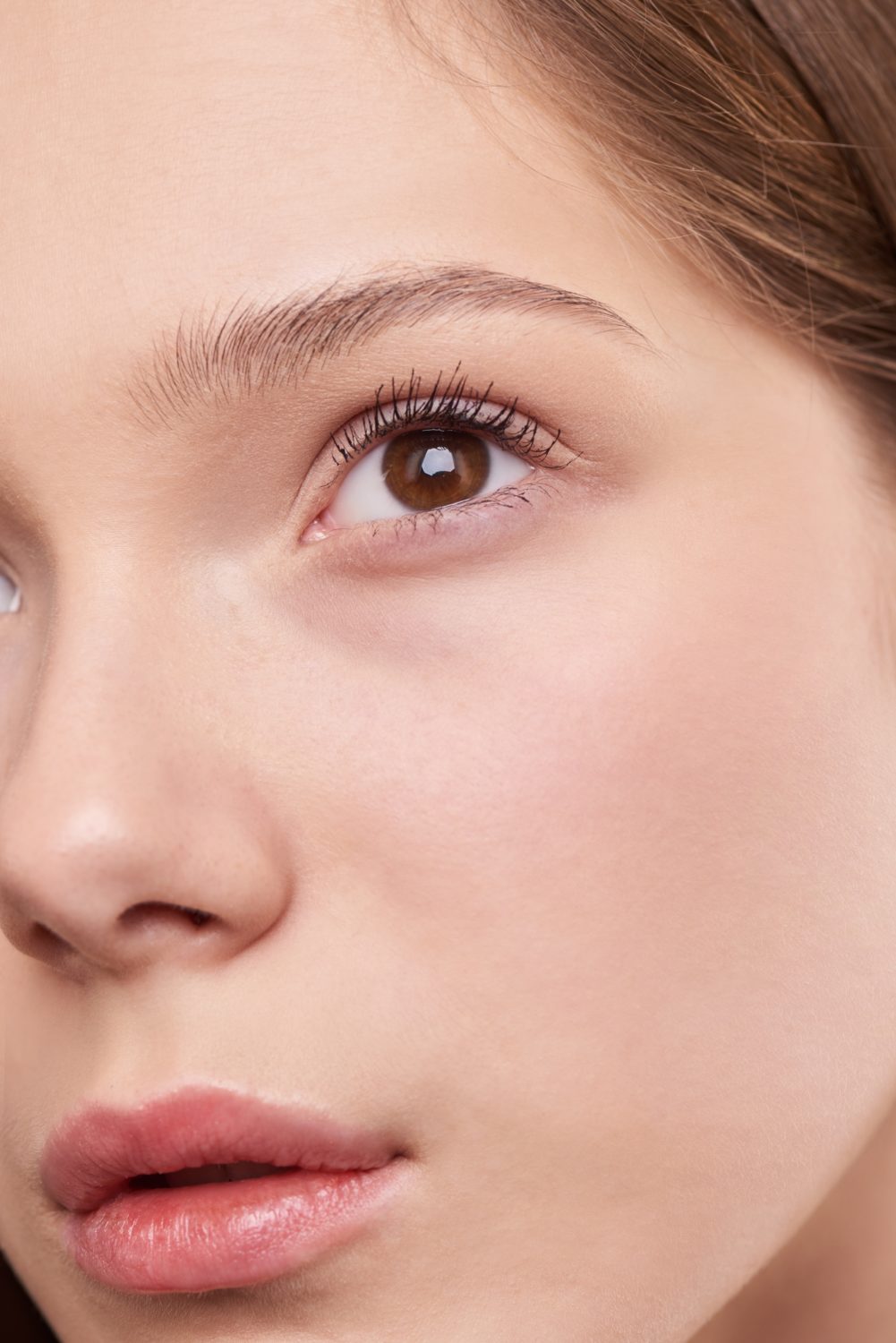
The skin’s microbiome is in need of delicate balance and if it is thrown out of wack, dry or dehydrated skin can develop. Here is the difference between dry and dehydrated skin.
Dehydrated or Dry?
Let us make this clear from the very beginning. Dehydrated skin needs water, while dry skin needs oils. In that sense, dehydrated skin is a less difficult condition, and is easier to deal with.
Dry skin, on the other hand, is actually a skin type rather than a temporary condition. It is caused by the fact that the body isn’t making a sufficient amount of natural oils. In that case, you need emollient cream. An emollient cream will not only hydrate the skin but also prevent loss of moisture.
Now, what are the symptoms, and how to tell the difference?
To begin with, dehydrated skin is itchy and dull. If the entire body is dehydrated, the skin becomes darker: the person has under-eye circles and sunken eyes. Serious cases of dehydration cause dry mouth, dizziness, and weakness.
When touched, dry skin is rough. If scratched with a nail, white flakes fall off of it. It feels irritated and is often red in color. Also, dry skin feels tight after washing. People who have dry skin sometimes suffer from eczema, psoriasis, and acne.
Why Is My Skin Dehydrated?
There are so many different ways our body can lose water. The most obvious one is not drinking enough water. However, dehydration can also be caused by frequent urination. Too much caffeine or specific medication (diuretics) could lead to excessive urination.
Another reason for dehydrated skin is our showering habits. If you are a fan of blazing showers, your skin is likely to become dry. Also, if you shower too often, you can damage the natural barrier of the skin. That of course doesn’t mean you should stop showering. But, you shouldn’t do it more than once a day. Try to take quick showers more often than long ones.
Central heating and air conditioning may dry out the air, and in turn, the air may suck the water out of your body. So, make sure to have an air humidifier, especially during the winter.
Overuse of detergents and other chemicals significantly contribute to skin becoming dry.
Finally, wrong skin care products could be another reason for dehydrated skin. Your shower gels and shampoos might be either too strong, or too light, or they simply don’t go well with your skin type.
UVA Explained
Too much exposure to UVA radiation (sunlight or tanning saloon) can dry out the skin as well. It is a common misbelief that it is the heat of the sun that makes the skin dry, but that is not the case. UVA radiation is the one responsible for making oxidants and free radicals. Thus, it damages the skin and accelerates the aging process.
Another thing a lot of people don’t understand about UVA is that it doesn’t depend on the season and air temperature. It is almost as strong in the summer as in the winter, as the clouds can stop the heat from the sunlight, but not UVA.
Up to some point, our bodies need UVA to synthesize Vitamin D, which is essential for skin health and the immune system. However, if constantly exposed to it (like the skin of the face is), the UVA will damage the skin.
Why Is My Skin Dry?
There are several potential causes of dry skin:
- sebaceous glands don’t produce enough natural oils
- hypothyroidism
- diabetes
- kidney disease
- anorexia
- eczema
- medication (diuretics, laxatives, antacids, antihistamines, blood pressure medication…)
- infections
- genetics
As you can see, unlike dehydration, dry skin is mostly caused by internal problems, rather than environmental stress.
A simple pinch test can help you determine if your skin is dehydrated. If you press your skin between two fingers and it wrinkles and doesn’t bounce back, it is a clear sign it is out of balance and needs moisturization.
How to Treat Dry Skin?
The alipidic skin needs oils to recover the natural barriers and hold moisture in. So, you want to look for skincare products that contain moisturizing ingredients, such as hyaluronic acid, glycerine, and dimethicone.
Also, you want to wash your dry skin only with mildly warm water.
Regular exfoliation is a must. You need a scrub that will help you remove the dead cells from the top layers of your skin. Thus, exfoliation exposes the healthier layers , which react better to skincare products.
Other than that, remember to use lip balm on a daily basis. It will prevent painful and itchy lips.
Additionally, remember to use an air humidifier and drink at least 10 cups of water each day.
How to Treat Dehydrated Skin?
As we could see previously, dehydrated skin is a matter of habits and external stress.
Therefore, changes in lifestyle are necessary if you want to improve your skin microbiome and health in general.
Again, drinking enough fresh water does wonders for dehydrated skin. However, remember not to drink too much, as it can put pressure on your kidneys and cause loss of minerals. Except for water, you hydrate your body by eating veggies and fruits. For example, watermelon is a deeply hydrating aliment.
Furthermore, there are things you should stop doing, in order to prevent dehydration. For example, hungover is a classical symbol of severe dehydration. In order to process alcohol, the body wastes huge amounts of water, ending up completely out of balance. Therefore, reduce alcohol, and you will do your body a big favor.
One or two coffees are ok, but too much caffeine causes the body to lose water. Also, avoid tobacco as it significantly dries you out as well. It goes without saying that regular sleep and excersise are necessary for shiny skin and a healthy body.
Again, hyaluronic acid is a powerful moisturizer, for both dry and dehydrated skin. It is naturally produced in the human body, only sometimes the levels may drop due to stress or aging.
Therefore, applying skincare products with hyaluronic acids should make up for the imbalance.
Finally, making a simple nourishing face mask from time to time is a great thing for your skin, and a nice occasion to show yourself some self-love.







